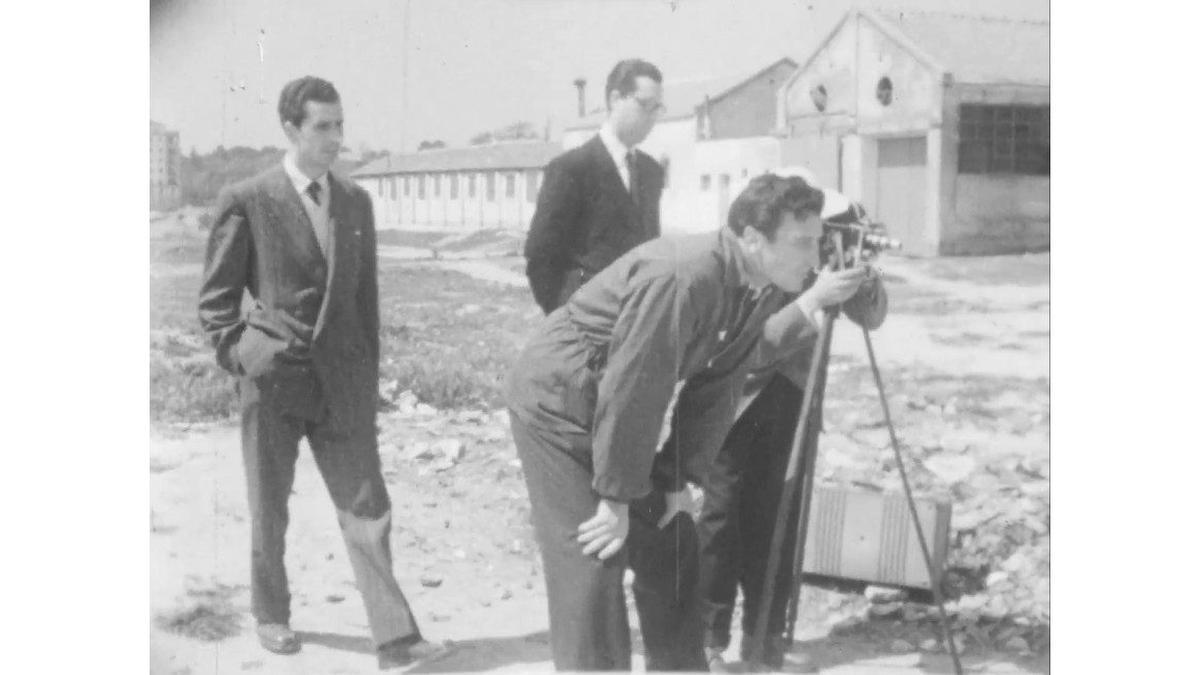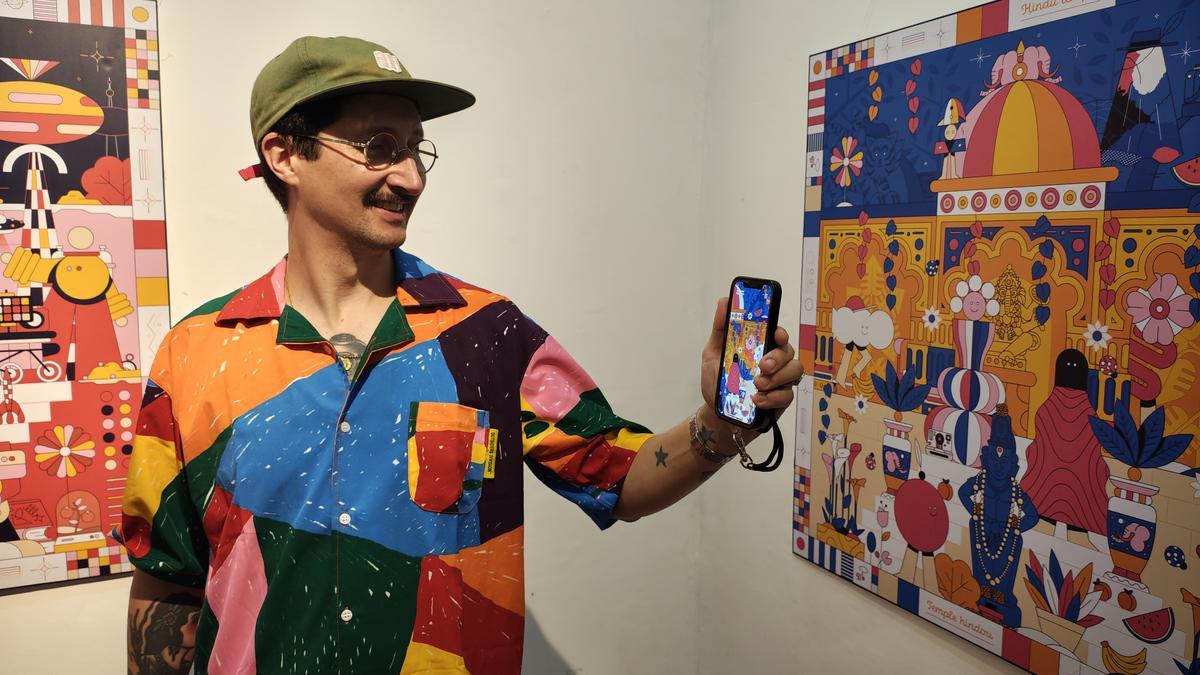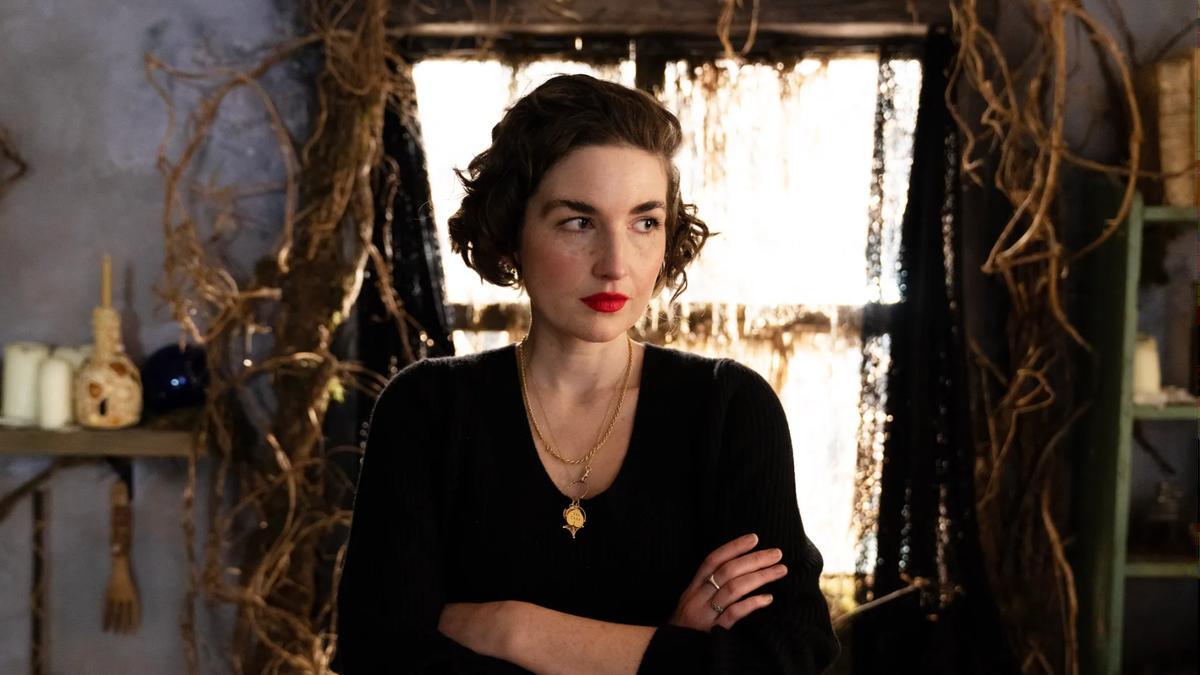
Cinema, or any other art form for that matter, does not easily lend itself to become tools of oppression. Despite the existence of films filled with hate propaganda, the free spirit inherent in these art forms invariably produces works that would break free of the tight control and produce subversive art. The compelling story of how students at a Spanish film school quietly defied the dictatorship of Francisco Franco is brilliantly captured in Spanish filmmaker Luis E. Pares’s documentary, The First Look (La Primera Mirada). This documentary is currently being showcased in the International Documentaries category at the 16th International Documentary and Short Film Festival of Kerala (IDSFFK) and has garnered considerable attention for its powerful narrative and historical significance.
In 1947, under Francisco Franco’s regime, a film school called the Institute of Investigations and Cinematographic Experiences was founded. It is plausible to speculate that Franco had hoped this institution would produce films that would glorify and legitimize his authoritarian rule. However, the reality turned out to be quite different. Rather than creating pro-regime propaganda, students at the institute used their creative talents to subtly critique the oppressive conditions in Spain.
Luis E. Pares’s The First Look is a continuous sequence of works produced by the students from the late 1940s to the 1960s. The documentary reveals how these students ingeniously used their art to present a scathing commentary on the life under Franco’s regime. Instead of blunt, overt criticism, these budding filmmakers employed indirect methods to expose the harsh realities of their society.
In an otherwise normal family drama, the visuals subtly showcased scenes of abject poverty and the deteriorating infrastructure within a Spanish city, thereby providing a stark contrast to the regime’s propagandist portrayal of a prosperous nation. Another example includes a short film about a household maid’s solitary Sunday afternoon—the only leisure time she receives in an entire week. Through her contemplation on her meaningless existence, the film poignantly highlights the dire straits of the working-class people under Franco’s rule.
The influence of Italian neorealism, which was emerging during that period, is evident in many of these student films.
. Italian neorealism was known for its stories about the ordinary lives of working-class people, often using non-professional actors and on-location shooting. This influence enabled the students to craft films with a raw, authentic feel that amplified their subversive messages. Some of the students also drew inspiration from the stories of Franz Kafka, an author known for his works centering on themes of alienation and bureaucratic absurdity, to deliver allegorical critiques of the Franco regime.
Many of these students would eventually become legends in Spanish cinema. Notable figures such as Luis Garcia Berlanga, Antonio Mercero, and Carlos Saura walked the halls of the Institute. Carlos Saura, in particular, remains a significant figure and was honored with a Lifetime Achievement Award at the International Film Festival of Kerala in 2013.
However, the Franco regime was quick to notice the subversive tendencies emanating from the film school. In response, they resorted to censorship and other restrictive measures to clamp down on these budding filmmakers. Bans were imposed, and stringent guidelines were enforced in an effort to stifle any dissent. This crackdown mirrors the struggles faced by students at India’s Film and Television Institute (FTII) during periods of political turmoil. Despite such repressive measures, the creative spirit remained indomitable. For instance, Indian filmmaker Payal Kapadia, an FTII alumna, went on to produce works that were both critically acclaimed and openly defiant of authoritarian pressures.
The First Look is thus more than a mere documentary; it is a testament to the resilience of the human spirit in the face of oppression. It showcases how art and creativity can serve as powerful tools of resistance, even under the harshest of regimes. Through their films, the students of the Institute of Investigations and Cinematographic Experiences not only critiqued and exposed societal issues but also laid the groundwork for future generations of filmmakers to continue the fight for freedom of expression.
In conclusion, The First Look is a poignant reminder of how art can be wielded as a weapon of defiance against tyranny. By screening such powerful narratives, festivals like IDSFFK play a crucial role in keeping the spirit of resistance alive, reminding us all of the enduring power of film as a medium for social change.










